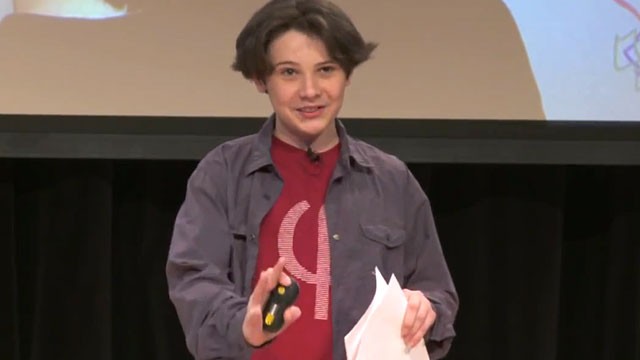India is all set to launch science and technology cooperation with China in August with thrust on areas like astronomy, management of natural disasters and technology research on climate change.
A key element of the cooperation could be the National Large Solar Telescope (NLST), the world's largest such facility that India plans to set up in collaboration with Germany in Ladakh.
During the visit of Chinese Premier Li Keqiang here last month, India and China had identified mitigation and management of earthquake and natural disasters, astronomy and astrophysics, technology research on climate change, traditional knowledge and medicine as areas of cooperation.
Scientists from the Indian Institute of Astrophysics have zeroed in on a site at Merak near the Pangong Tso lake, through which passes the Line of Actual Control between India and China.
Chinese authorities are learnt to have some reservations on the site of the two-meter telescope planned to study the process of creation and decay of sunspots, apart from furthering cutting edge research on fundamental processes taking place on Sun.
Officials said that a possible collaboration with Chinese scientists could also be explored during a visit of a team of scientists from the Department of Science and Technology to Beijing expected to take
place in August.
The other site identified for the Rs 300-crore project Hanle which already is home to the world's second highest optical-infrared and gamma ray telescope.
However, astronomers are keen to build the NLST at the Pangong Tso site at Merak as it was very promising and offered longer sunshine hours.
Currently, the world's largest solar telescope is the McMath-Pierce Solar Telescope with an aperture size of 1.6 metres in Kitt Peak National Observatory at Arizona in the US.
The telescope, with an aperture size of two meters, is planned to be completed by 2017 and will be the largest such facility in the world at least till 2020 when US is expected to commission its four-meter telescope at Hawaii.
The first efforts for S&T cooperation with China were made in 2006 during the visit of the then Science and Technology Minister Kapil Sibal to Beijing.
A key element of the cooperation could be the National Large Solar Telescope (NLST), the world's largest such facility that India plans to set up in collaboration with Germany in Ladakh.
During the visit of Chinese Premier Li Keqiang here last month, India and China had identified mitigation and management of earthquake and natural disasters, astronomy and astrophysics, technology research on climate change, traditional knowledge and medicine as areas of cooperation.
Scientists from the Indian Institute of Astrophysics have zeroed in on a site at Merak near the Pangong Tso lake, through which passes the Line of Actual Control between India and China.
Chinese authorities are learnt to have some reservations on the site of the two-meter telescope planned to study the process of creation and decay of sunspots, apart from furthering cutting edge research on fundamental processes taking place on Sun.
Officials said that a possible collaboration with Chinese scientists could also be explored during a visit of a team of scientists from the Department of Science and Technology to Beijing expected to take
place in August.
The other site identified for the Rs 300-crore project Hanle which already is home to the world's second highest optical-infrared and gamma ray telescope.
However, astronomers are keen to build the NLST at the Pangong Tso site at Merak as it was very promising and offered longer sunshine hours.
Currently, the world's largest solar telescope is the McMath-Pierce Solar Telescope with an aperture size of 1.6 metres in Kitt Peak National Observatory at Arizona in the US.
The telescope, with an aperture size of two meters, is planned to be completed by 2017 and will be the largest such facility in the world at least till 2020 when US is expected to commission its four-meter telescope at Hawaii.
The first efforts for S&T cooperation with China were made in 2006 during the visit of the then Science and Technology Minister Kapil Sibal to Beijing.
Source : Business Standard Via PTI , 9th June 2013

